Inter-city public transport is non-existent in Tajikistan, no buses or trains to get around the country. The only option besides privately renting a car is to use shared taxis that ply between most cities. Shared taxis usually congregate at a designated taxi stand and only leave once they are full. Often even private vehicles look for passengers to join them to cover the cost of benzin (petrol).
From Khojand we were headed to Penjikent which lies in the heart of the Fan Mountains, one of Central Asia's most popular trekking and climbing destinations. Amirjon and his father, the hosts at our homestay, were kind enough to give us a ride to the taxi stand, find us a taxi and also negotiate a fair price. Our driver (Yokub) was not a regular, he lived in Penjikent and was visiting his parents in Khojand. He was simply taking on passengers for the return trip. Our only other co-passenger was a Uighur from Urumqi who appeared to be in Tajikistan on business. Before setting out for Penjikent, the driver made a brief detour to his parent's house to collect his little son, four year old Azizjon, who smartly shook hands with us. After brief introductions we were off.
The initial stretch of road that connects Khojand in the north to the capital Dushanbe in the south is a well paved asphalt road. It passes through the historic town of Istravashan, known as Cyropolis during the time of Alexander the Great. South of Istravashan, the twin Turkestan and Zerafshan ranges sever northern Tajikistan from the rest of the country. The M34 highway (designated as such only in maps, no signage exists on the roadway) crosses the Shakhristan Pass (3372m) connecting the two parts of the country.
Yokub stopped at a wayside teahouse that was dramatically situated at the foothills of the upcoming mountain pass for lunch. On learning that we were vegetarians (using handwritten notes in Russian courtesy the staff at our Tashkent hotel), he indicated that we were not going to get much at this place. We had to settle for salad (tomatoes and cucumbers), an extra helping of angur (grapes) and several cupfuls of green tea.
When we set off, he communicated with gestures/Tajik that the next 10 km would be uphill on very bad road followed by another 10 km of very bad road downhill, before the asphalt road resumes. What he did not tell us was that his driving philosophy did not include paying any respect to the deep craters and high mounds on the road (if it can be called that). Of course, he did use the whole width of the road to find the least turbulent path for the comfort of his passengers. We found that he particularly favored the edge of the road that was closest to the precipice involving a steep drop down the mountain side. In this, he seemed to be in agreement with other operators of vehicles of various sizes, who also seemed to favor the same sections. The inevitable conflicts were addressed by the less aggressive drivers giving way and moving inwards. Barring a few knocks on the head when it made contact with the roof or door of the car, we emerged unscathed but shaken.
To make up for all this was the dramatic landscape unfolding in front of us. Spectacular views of the high mountains and deep canyons kept us oohing and aahing as the road made several switchbacks on its way over the pass. As we neared the end of the unpaved section, we saw construction work going on to build a tunnel through this section that would preclude the need to traverse the pass and dramatically reduce the travel time. Needless to add, it is being built by the Chinese and expected to be completed any year now.
All this while Yakob and the Uighur kept a steady conversation going in Tajik and soon we started to recognize random words here and there. Due to common Persian roots, Tajik zubaan (language) and Hindustani share several common words and we began to join in the conversation! They were happy to hear we were from Hindostan and were tourists in their country. Indian cinema seems to been popular in Tajikistan and Yakob could reel out names of recent heroes and heroines. He also played Indian film music on car radio this led to further identifying shared words like dil and sanam! We kept this game on for the remainder of the way.
Seated between M and V in the backseat and undisturbed by all that was going on around him, little Azizjon had fallen asleep midway through this trip (using a convenient lap on either side to rest his head).
Throughout the journey we kept getting the occasional phone call from Firdaus, the manager of one of Penjikent's travel agencies with whom we were trying to chalk out an itinerary for trekking in the Fan mountains during out Penjikent stay. He had obtained the driver's mobile number when we set out from Khojand and kept giving us updates on our lodging arrangement in Penjikent. When we arrived at Penjikent and stopped outside the hotel, he was waiting for us to discuss logistics. We went through several alternative trekking routes and drew up numbers on tents, sleeping bags, donkeys, cook, transportation, guide etc. In the midst of all this, we were joined by Afredjon, who had extensive experience arranging trips in the Fan mountains. If we went ahead with the proposals, he would take care of the arrangements. In the end, we decided to put plans on hold and do further research on our own.
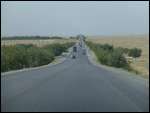
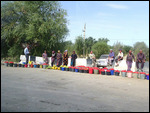
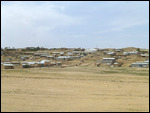
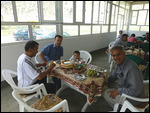
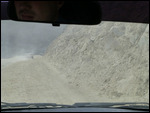
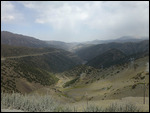
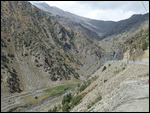

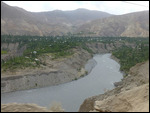
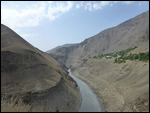

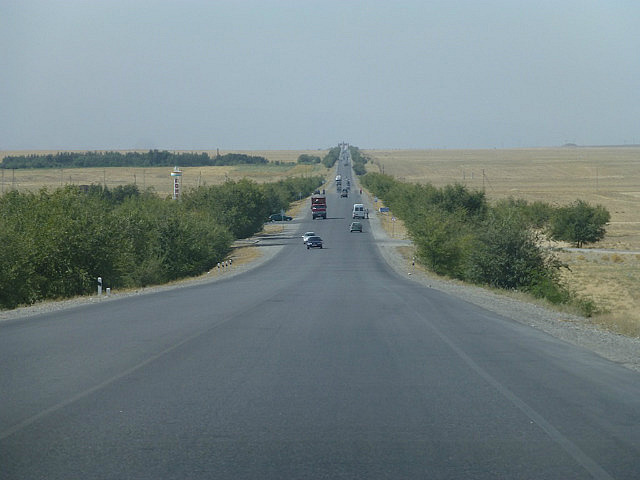
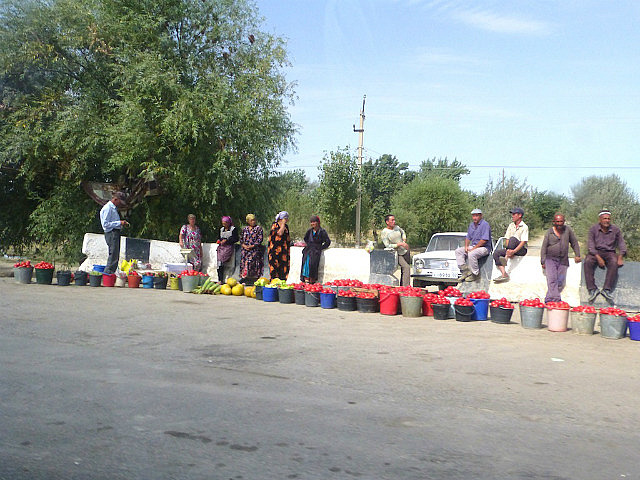
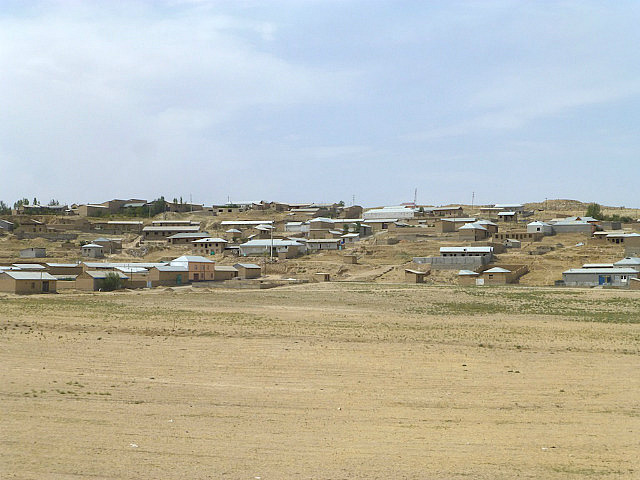
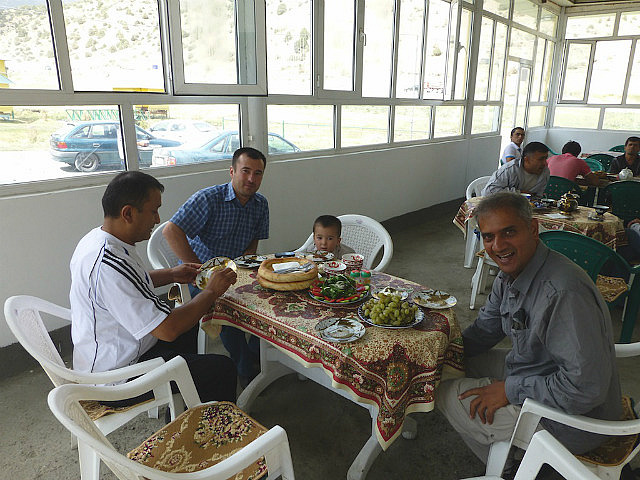
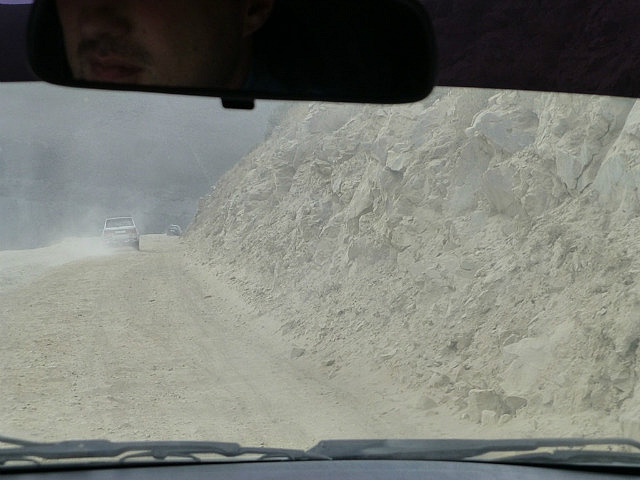
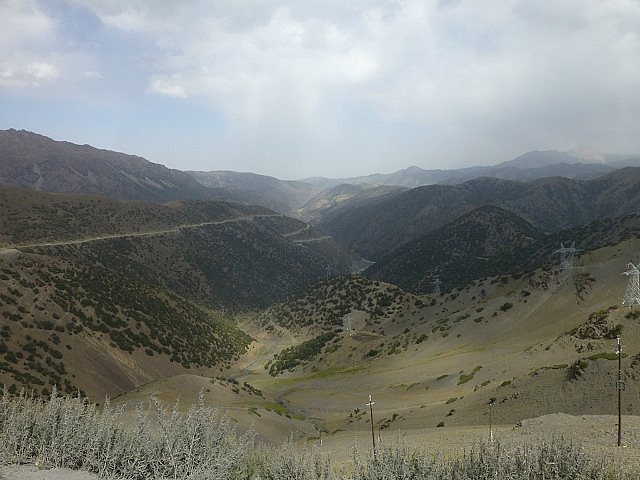
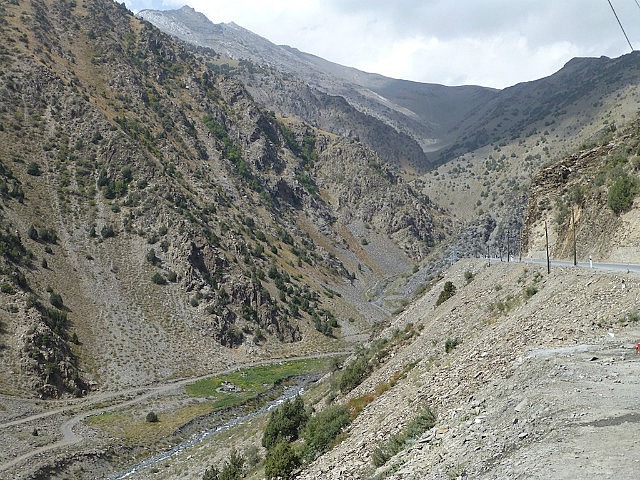
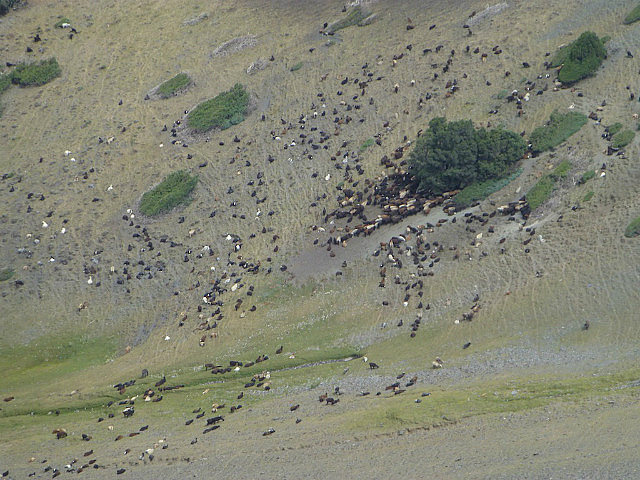
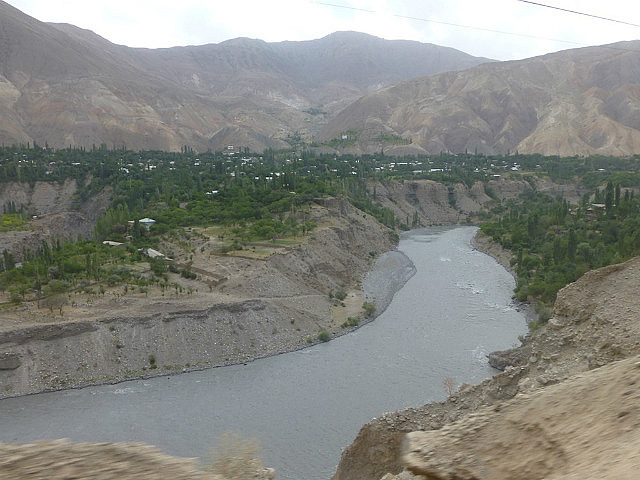

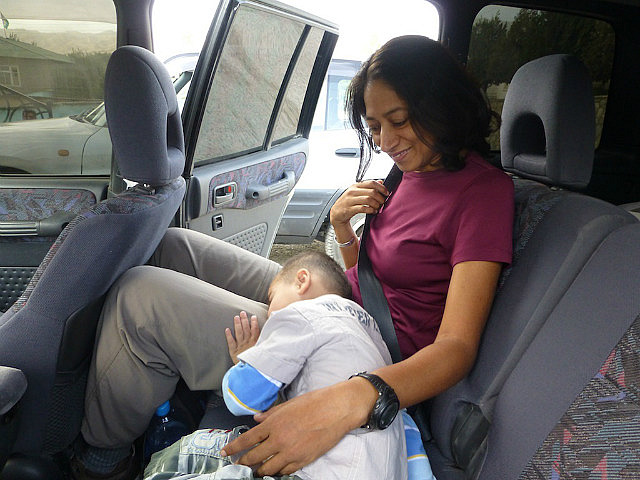
Comments